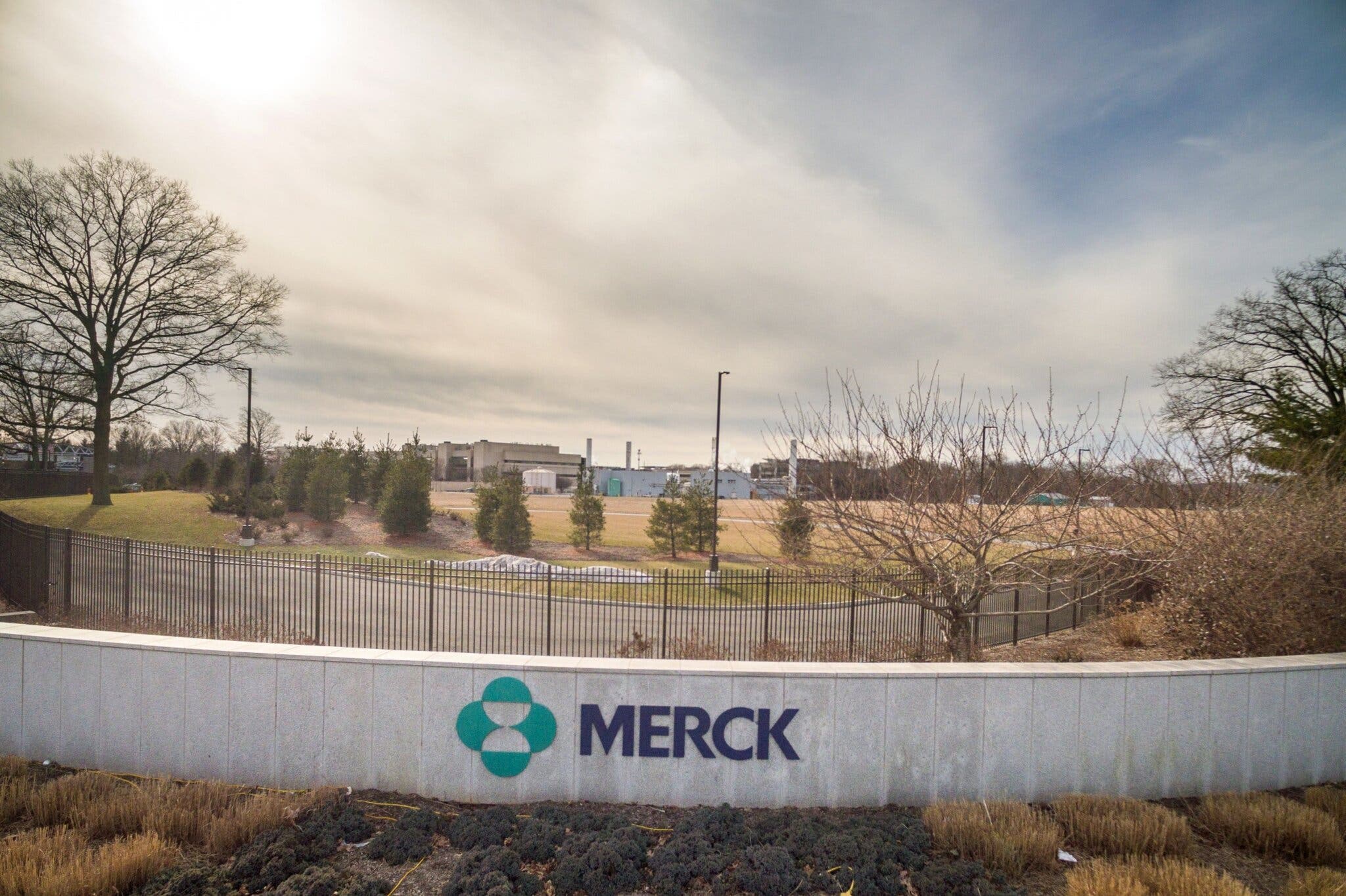Robert F. Kennedy Jr.’s first confirmation hearing as President Trump’s nominee for health secretary marked a significant moment in the political landscape, drawing both intense scrutiny and support. The hearing, held before the Senate Health, Education, Labor, and Pensions (HELP) Committee, provided a platform for Kennedy to outline his vision for healthcare in the United States and address concerns about his past statements and advocacy. The session was a blend of substantive policy discussions and contentious exchanges, reflecting the polarized atmosphere in American politics.
Kennedy’s opening remarks set the tone for the hearing, emphasizing his commitment to public health and environmental issues. He highlighted his work on environmental protection and his advocacy for clean water and air, aligning these with his vision for a healthier America. Kennedy also touched on his plans to address the opioid crisis, improve mental health services, and expand access to healthcare for all Americans. His proposals included a focus on preventive care and community health initiatives, aiming to reduce the burden on the healthcare system by promoting wellness and early intervention.
One of the most contentious aspects of the hearing revolved around Kennedy’s views on vaccines. As a vocal critic of certain vaccination policies, Kennedy faced tough questions from senators about his stance on vaccine safety and efficacy. He defended his position, arguing that his concerns are rooted in scientific research and the need for transparency in public health decisions. Kennedy also reiterated his belief in the importance of vaccinations but stressed the need for greater oversight and accountability in vaccine development and distribution. This balanced approach, however, did not fully assuage the concerns of senators who questioned his commitment to public health.
The hearing also delved into Kennedy’s plans for healthcare reform, including his proposals for universal healthcare coverage. Kennedy’s vision includes a mix of public and private options, aiming to provide comprehensive coverage while maintaining flexibility for individuals and families. He emphasized the need for cost-effective solutions that prioritize patient outcomes and reduce administrative burdens. Kennedy’s proposals garnered mixed reactions from lawmakers, with some appreciating his innovative approach and others expressing skepticism about the feasibility and potential costs of his plans.
Throughout the hearing, Kennedy’s environmental advocacy was a recurring theme, reflecting his long-standing commitment to sustainability and public health. He discussed the impact of environmental factors on health outcomes, highlighting the need for integrated policies that address both environmental and healthcare challenges. Kennedy’s focus on the interconnectedness of environmental and public health issues resonated with some lawmakers, who saw this as a holistic approach to addressing complex health problems.
The hearing also provided a platform for senators to voice their concerns and questions about Kennedy’s qualifications and past statements. Lawmakers from both sides of the aisle grilled Kennedy on his views on climate change, vaccine safety, and healthcare reform, seeking clarity on his positions and plans. Kennedy’s responses were met with a mix of praise and criticism, reflecting the divisive nature of the issues at hand. Despite the contentious exchanges, Kennedy maintained a composed demeanor, defending his views and emphasizing his commitment to public health.
In conclusion, Robert F. Kennedy Jr.’s first confirmation hearing as President Trump’s nominee for health secretary was a pivotal moment that shed light on his views, proposals, and qualifications. The hearing highlighted his environmental advocacy, controversial views on vaccines, and plans for healthcare reform, sparking a debate that is likely to continue as the confirmation process moves forward. The outcome of this process will have significant implications for the future of healthcare in the United States, influencing policies and practices that affect millions of Americans.


